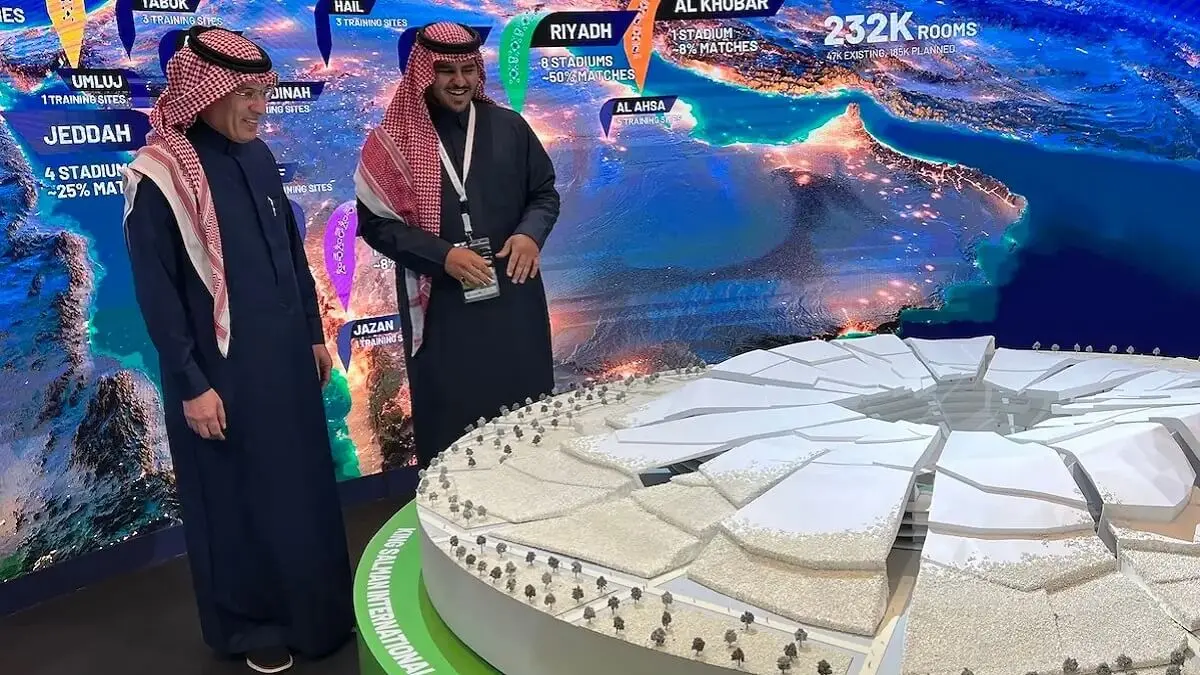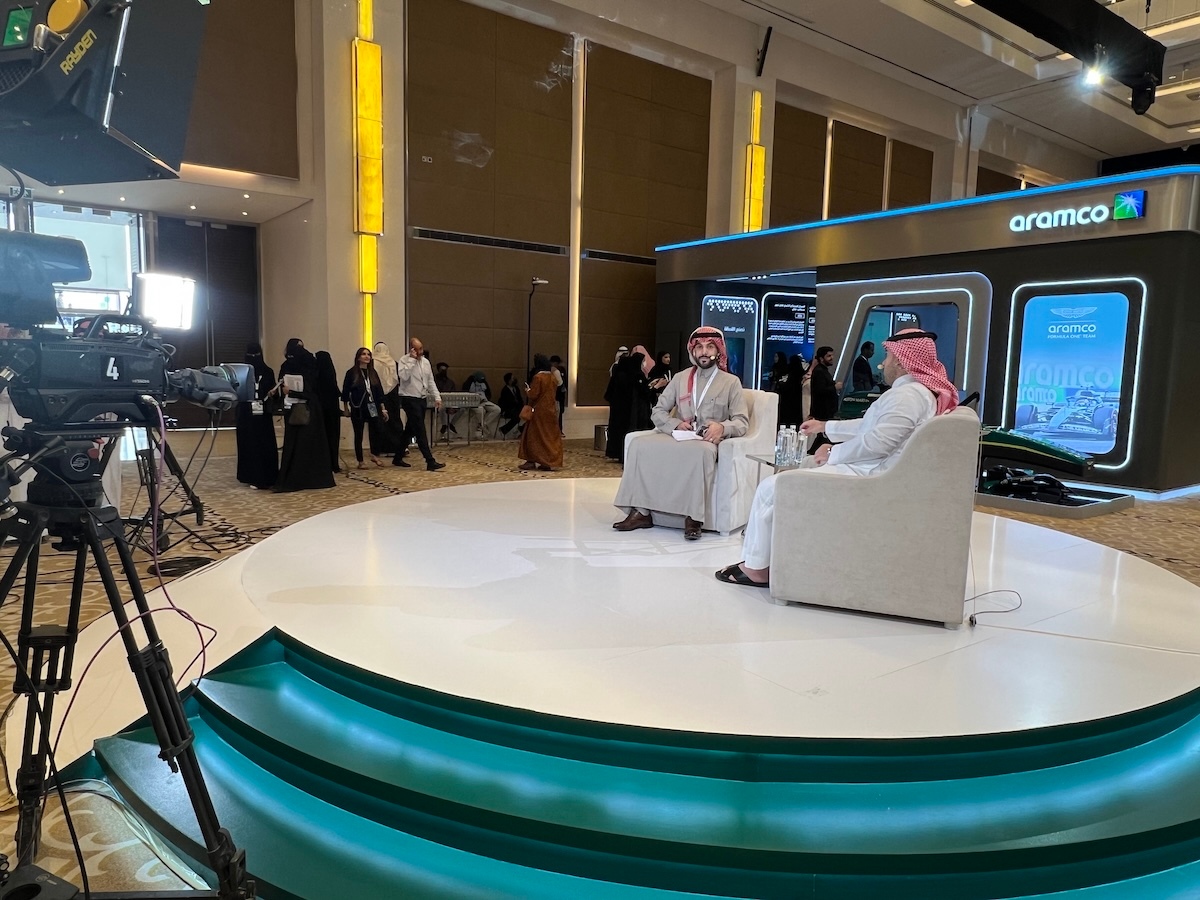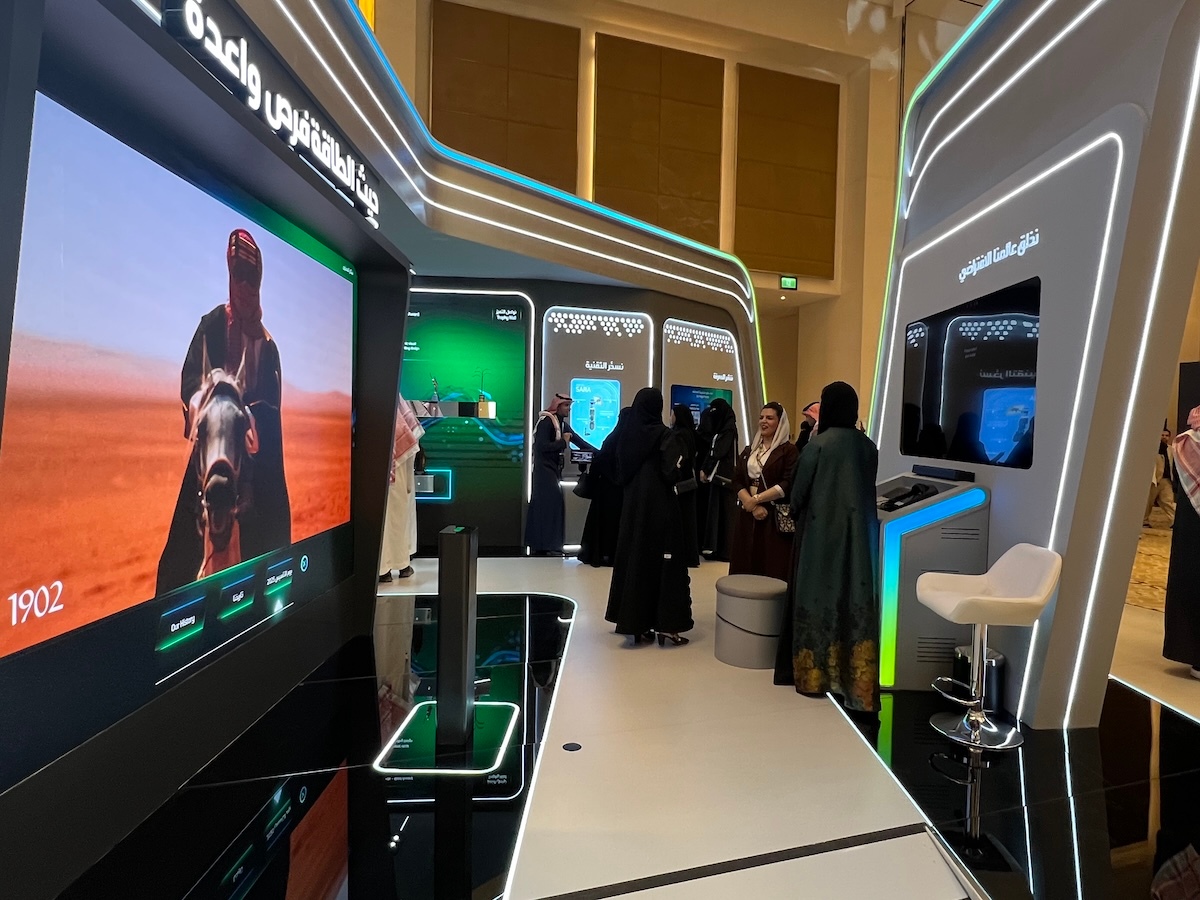Saudi Arabia from the inside: Why are we different from Europeans?

Spain is not limited to these three elements, but is a nation with a history and legacy that are rarely understood from the outside. Furthermore, although it is part of Europe, it is not simply a copy of the standard European model: it has its own unique characteristics. The same could be said of Saudi Arabia. Understanding any society requires looking at it from within, not judging it based on Eastern or Western stereotypes.
It was only after learning Spanish and earning my doctorate at the Complutense University of Madrid that I began to explain to other Saudis what Spain is really like. That experience led me to reflect on how we are seen from the outside.
Despite the unprecedented openness that Saudi Arabia has experienced in recent years, especially under the Vision 2030 led by Crown Prince Mohammed bin Salman, the Saudi people retain a deeply rooted identity. That identity cannot be separated from religion, geography, history, or the social structure that has evolved over centuries.

Trying to understand Saudi citizens from outside perspectives, or expecting them to adopt European or American patterns of thought or behavior, is an unfair simplification that leads to misunderstanding and failure in dealing with Saudi society.
First, let us understand the religious and social component. Since its founding, the modern Saudi state has been built on a clear Islamic cultural and religious foundation. Religion is central to the lives of Saudis: not only as a spiritual practice, but as a source of identity and cohesion. The mosque is not only a place of worship, but also a social, educational, and conflict resolution center. In many European societies, religion has been reduced to a private or marginal issue.
In Saudi Arabia, it is present from daily greetings to the legal system. These differences do not imply backwardness or progress, but rather different historical and cultural structures.
Second, Saudi Arabia remains a family- and tribe-based society at its core. The extended family plays a key role in vital decisions: marriage, reconciliation, and everyday life. Values such as obedience, honor, respect for elders, and social shame are still alive. In contrast, individualism predominates in many Western societies. A young person may be pushed to live on their own at age 18 without this being considered a lack of affection.
In contrast, Saudis rarely live or make decisions alone; their thinking is shaped by the community, family, or tribe. This is not weakness, but a different expression of social bonds.
These two dimensions lead us to a fundamental question: why shouldn't Saudis be like Europeans? Because every human being is a product of their context.
A Saudi who has grown up in the desert, in a culture rooted in Islam, in contact with the mosque and family council, cannot become a replica of a European shaped by the Enlightenment and secular modernity. We are not talking here about superiority or inferiority, but about different historical trajectories.
Freedom, for example, is interpreted in Saudi Arabia within the framework of Islamic law and customs. In Europe, that same freedom can even extend to the right to offend religious symbols. Both defend “freedom,” but the meanings are radically different. Is it fair to demand that Saudis accept the European model as it stands? Or to ask Europeans to embrace a Saudi view of the world? Probably not.
Has Saudi Arabia closed itself off to these debates? On the contrary. The country is undergoing a profound transformation, but from within its identity. It is wrong to think of Saudi Arabia as a rigid or stagnant society. Since 2016, the country has witnessed remarkable economic, social, and cultural reforms. But unlike other nations that have imported foreign models, Saudi Arabia has opted for change from within.
Entertainment, for example, was a sensitive issue for a long time. Today, with an official authority regulating it, it has become a vibrant industry that respects local culture and attracts millions of citizens and tourists. All this without losing the balance between modernity and identity.

There are concrete examples that illustrate this transformation. One is the scholarship program launched in 2006, which has enabled hundreds of thousands of Saudis to study abroad. Many lived in Asia, Europe, Africa, or America. And although some thought this would lead to a loss of identity, the opposite happened: many returned more aware of their roots, with the ability to combine modernity and tradition.
Another notable example is the role of Saudi women. Far from being marginalized, they have achieved remarkable things: they drive, work, and hold diplomatic positions—such as Princess Haifa Al Mogrin, ambassador to Spain, and Princess Reema bint Bandar, ambassador to the US. All this has been done while respecting the Saudi cultural context, without copying foreign models of feminism that are not always well received by local society.
The same is true in the digital space: young Saudis dominate networks such as YouTube, TikTok, and Snapchat, where they proudly project a local identity without imitating foreign aesthetics.
So, should a Saudi renounce their identity to resemble a European, or vice versa? Of course not. We must accept difference as a source of wealth, not as an obstacle. Understanding Saudis does not mean justifying everything or closing the door to dialogue or criticism. Above all, it means respecting context.
The world does not need more copies, but more authenticity. And Saudi Arabia, with its history, culture, and evolution, represents a model of its own that deserves to be understood for what it is, not for what others want it to be.
Dr. Hasan Alnajrani. Journalist and academic


